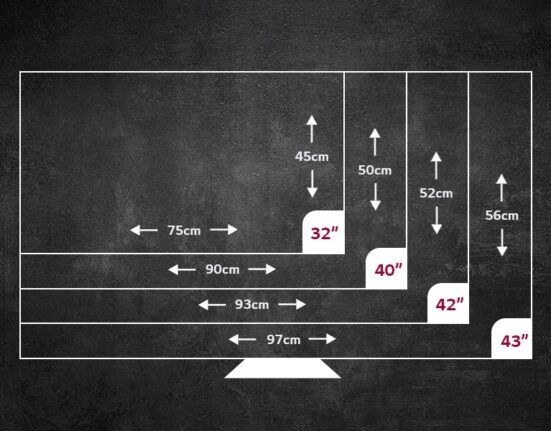The political landscape has been nothing short of intriguing lately. With the Supreme Court backing the corruption conviction against Cristina Fernández and ordering her house arrest, Javier Milei lost some of his prominence, which he is now trying to reclaim. He used to be a key figure in the government, supporting leadership. However, the President seems uncomfortable with being overshadowed, given his achievements like low inflation, macroeconomic stability, demonizing “the establishment,
” alliances with governors for congressional support, clashes with Mauricio Macri, and a disruptive personality.
The focus has shifted from inflation to wages and employment according to recent surveys. The alliances with provincial leaders are facing challenges due to the upcoming elections and fiscal balance pressures. Milei urged voters to reject Kirchnerism in October to eliminate “
the establishment.
” This call came after a controversial session in Congress regarding issues at Garrahan Hospital and university funding.
The chaos escalated when Milei hinted at voting against Kirchnerism but turned into a spectacle when members of Unión por la Patria clashed with libertarians during parliamentary sessions. Amid this turmoil, one wonders whom exactly does the President refer to as “
the establishment
“? The scenes witnessed were unprecedented even compared to the 2001 crisis.
In the midst of all this drama, Milei’s verbal attacks intensified not only against politicians but also journalists and economists. His insults averaged 2.4 per day until March as per Chequeado’s calculations. One notable target was Axel Kicillof over the YPF nationalization fallout involving US$16 billion compensation claims.
Milei’s aggressive language extended beyond politics as he targeted journalists during live streams by calling them names like “
rats” or “idiots.” This verbal violence peaked when he described Joaquín Morales Solá as “human garbage” for allegedly undervaluing Luis Caputo’s work.
The situation took an uglier turn when Milei endorsed online abuse towards Julia Mengolini culminating in an AI-generated video showing her inappropriately with her brother – making headlines even on international platforms like The New York Times.
Such behavior raises questions about political culture transformation promises made by leaders like Milei who seemingly thrive on constant insults instead of constructive dialogue—an approach that could lead society down a dangerous path towards normalization of verbal violence and its potential escalation into more serious offenses.
The political climate remains charged not just due to individual outbursts but also larger controversies such as YPF nationalization repercussions resurfacing unexpectedly amid economic uncertainties exacerbated by market reactions like JP Morgan’s shift from pesos to dollars despite positive libertarian economic assessments.
With ongoing IMF negotiations hanging in balance alongside currency volatility despite strong agricultural exports contributing significantly—underscoring challenges faced by policymakers trying to navigate through turbulent times while maintaining financial stability amidst growing demands for US dollars.
As tensions rise within political circles fueled by inflammatory rhetoric and legal battles between opposing factions further complicating an already volatile situation where personal vendettas spill over into public confrontations—raising concerns about democratic governance principles eroding under relentless verbal assaults undermining efforts for constructive dialogue essential for effective policymaking amid turbulent economic conditions challenging Argentina’s stability prospects going forward.









Leave feedback about this